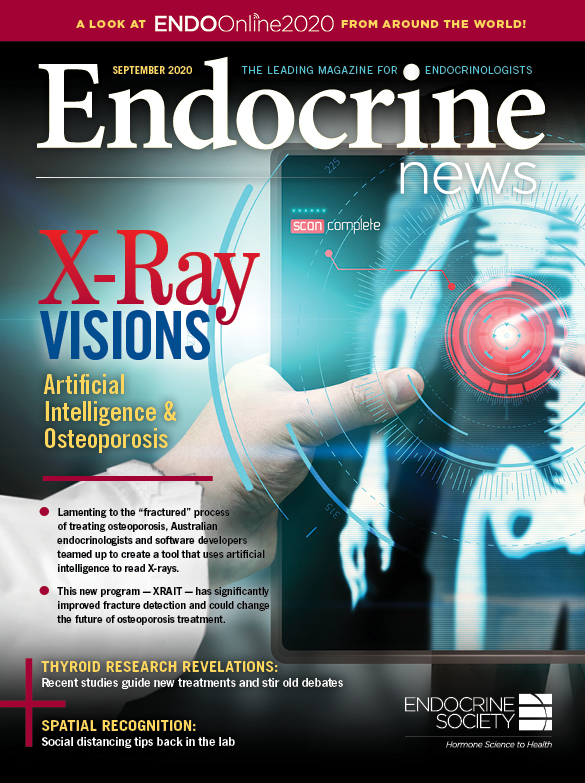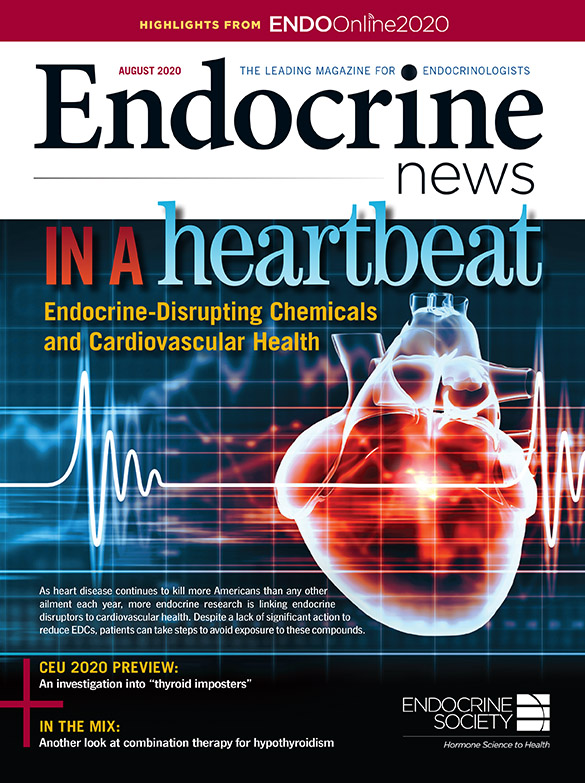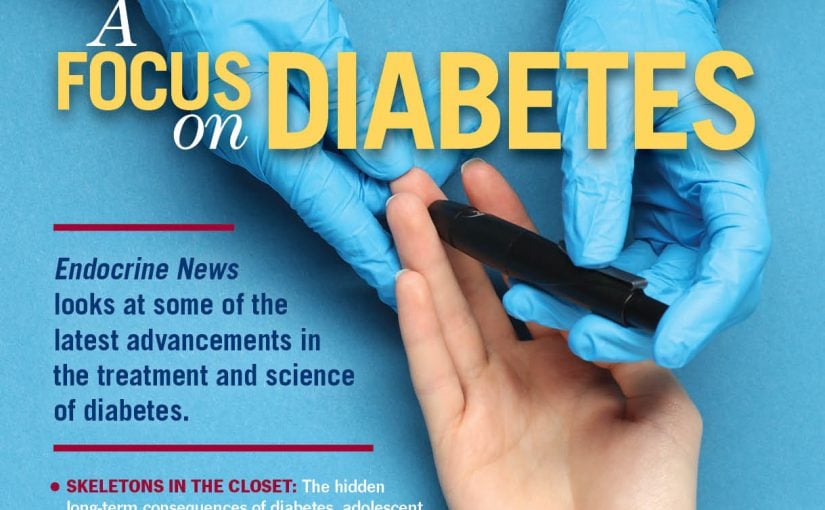Insulin Titration Software Combined with CGM Enables Patients with Diabetes to Improve Time in Range
 Due to the “fractured” process of treating osteoporosis, Australian researchers and software developers teamed up to create a tool that uses artificial intelligence to read X-rays. The new program —XRAIT — has significantly improved fracture detection and could change the future of osteoporosis treatment. Christopher White, MBBS, PhD, FRACP, an endocrinologist at Prince of Wales...
Due to the “fractured” process of treating osteoporosis, Australian researchers and software developers teamed up to create a tool that uses artificial intelligence to read X-rays. The new program —XRAIT — has significantly improved fracture detection and could change the future of osteoporosis treatment. Christopher White, MBBS, PhD, FRACP, an endocrinologist at Prince of Wales...Positive Topline Results Announced in Type 1 Diabetes Clinical Trial
 In a preview of his on-demand CEU 2020 session, “When It’s Not Your Thyroid,” James V. Hennessey, MD, presents a series of questions about thyroid patients, what their symptoms mean, as well as what they don’t mean. Sir Arthur Conan Doyle once said, “It is a capital mistake to theorize before one has data.” This...
In a preview of his on-demand CEU 2020 session, “When It’s Not Your Thyroid,” James V. Hennessey, MD, presents a series of questions about thyroid patients, what their symptoms mean, as well as what they don’t mean. Sir Arthur Conan Doyle once said, “It is a capital mistake to theorize before one has data.” This...Veiled Threats: New Findings Show More Links Between EDCs and Cardiovascular Health
 As heart disease continues to kill more people than any other ailment annually, more endocrine research is linking endocrine disruptors to cardiovascular health. Patients can reduce their own exposure to these compounds. Cardiovascular disease (CVD) is the leading cause of mortality in the U.S., responsible for a quarter of all deaths, with someone succumbing to...
As heart disease continues to kill more people than any other ailment annually, more endocrine research is linking endocrine disruptors to cardiovascular health. Patients can reduce their own exposure to these compounds. Cardiovascular disease (CVD) is the leading cause of mortality in the U.S., responsible for a quarter of all deaths, with someone succumbing to...Bone Health Experts Issue Osteoporosis Treatment Guidance During COVID-19
New Trial Data Show Positive Results for Treating Thyroid Eye Disease
As much as we know today about the endocrine system and the effects it has on the body, there remains so much that we do not know. Discoveries are made every day, and our understanding of the endocrine system is always growing and changing. Serving patients to the best of an endocrinologist’s abilities means being aware of all the latest developments in endocrine research. This includes the newest and most complete information concerning such endocrinology research topics as new treatments and new methods for disease prevention. Identifying symptoms and making the connections between those symptoms and endocrine disease can lead to greater understanding and ultimately better treatment for patients. More advanced prevention techniques can help patients stave off disease before it can impact their lives. Having the most current information can make a tremendous difference in the quality of life for your patients.
This section features some of the most current and forward-looking articles concerning the latest research in endocrinology. Written by and for endocrinologists, these articles are provided to keep you up to date with the most relevant developments in the field of endocrinology. You can access the information you need about new technology, new treatments and general information to help you serve your patients with better overall care. Our understanding of the endocrine system is always evolving. With Endocrine News, you can ensure that your knowledge of the field won’t be left behind. What’s more, your patients will always have access to the most advanced information out there.

